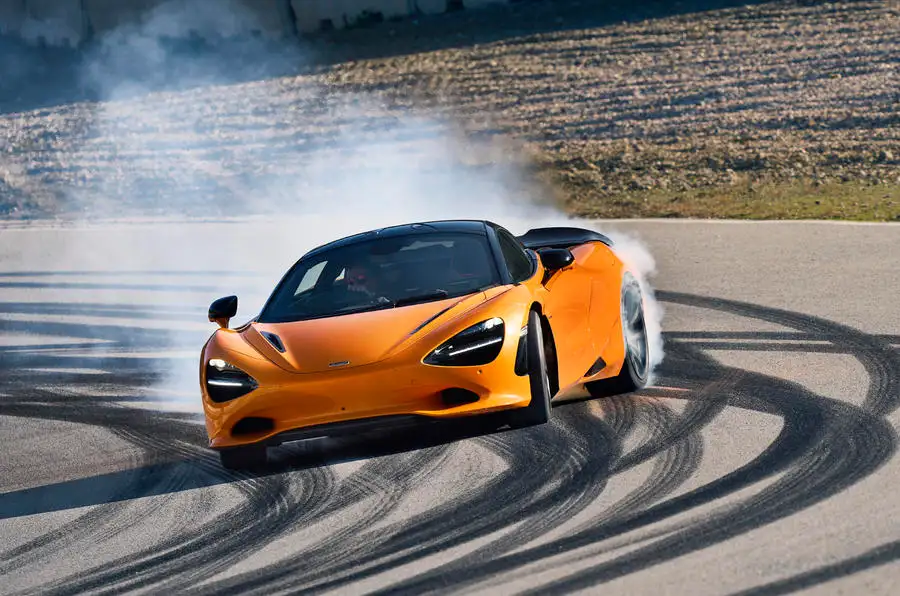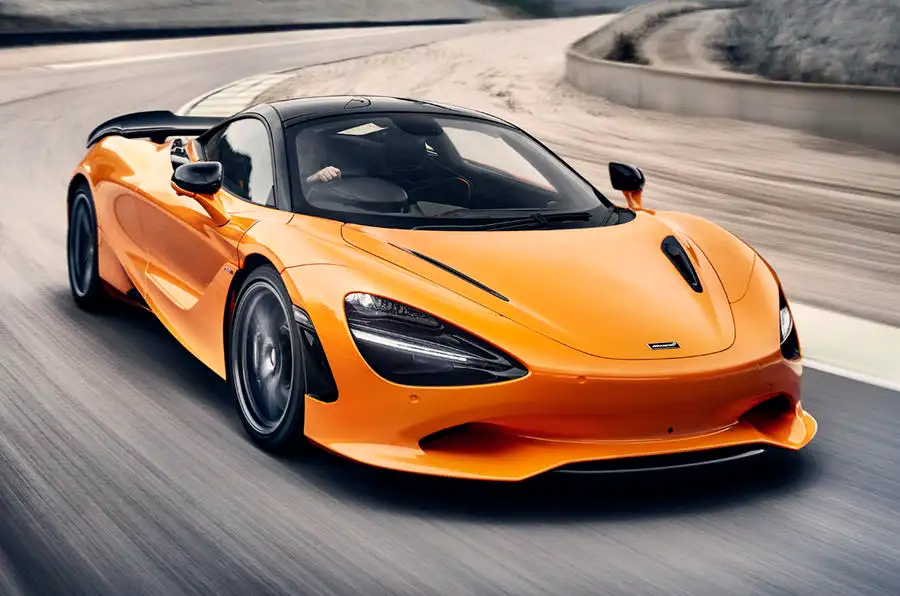McLaren will produce a V8 hybrid engine to power future models as 90 per cent of its line-up becomes electrified by 2028.
A new V8 hybrid powertrain will power McLaren’s next-generation halo models as the firm confirms 90 per cent of its line-up will be hybridised within the next five years.
Developed in-house and built by engine supplier Ricardo in the UK, the powertrain will “form an integral part of McLaren’s next-generation product line-up”, deliver “best-in-class performance” and offer “thrilling driver engagement”, said boss Michael Leiters.
This new engine opens the doors for hybrid variants of both the McLaren 765LT flagship and the recently revealed McLaren 750S, which are powered by a turbocharged V8. “All the models we see today will have a [type] of hybridisation” by 2028, confirmed Leiters at the Financial Times’s Future of the Car event.
These incoming hybrid cars will also continue to focus on lightness and be “really exciting projects”, he added, but stopped short of confirming any specific technical targets.
The new engine will use similar technology to the electrified V6 which currently powers the McLaren Artura, the firm’s first series-production hybrid.
It is not yet confirmed whether the new system will be a full, mild or plug-in hybrid. The Artura is a PHEV with 31km of electric-only range, which is expected to be bettered in the next generation.
This transition to hybrid cars, rather than a straight jump to EVs, is due to the current technology not being “matured” enough to offer what is needed for an electric supercar, Leiters told the event.
He said: “Battery tech is not very mature for supercars as this is all about lightweightness. Supercars are all about emotions and this is not deliverable [with current technology].
“If we take the 750S, it is 200kg lighter than the best competitor. If we go for an EV, we want to do something that is comparable with the car we have today; this is something not available today and something we need to develop.”
He added: “If we commute, if we go into a city, [then an EV] is fine. But if we go sporty, enjoy ourselves at the weekend, or go to a track, the tech [for an electric supercar] is not yet mature. I’m not saying it is not the right tech, but we have to develop it. The key points are the battery and the cells [technology]: we need a much higher density than we have today.”





